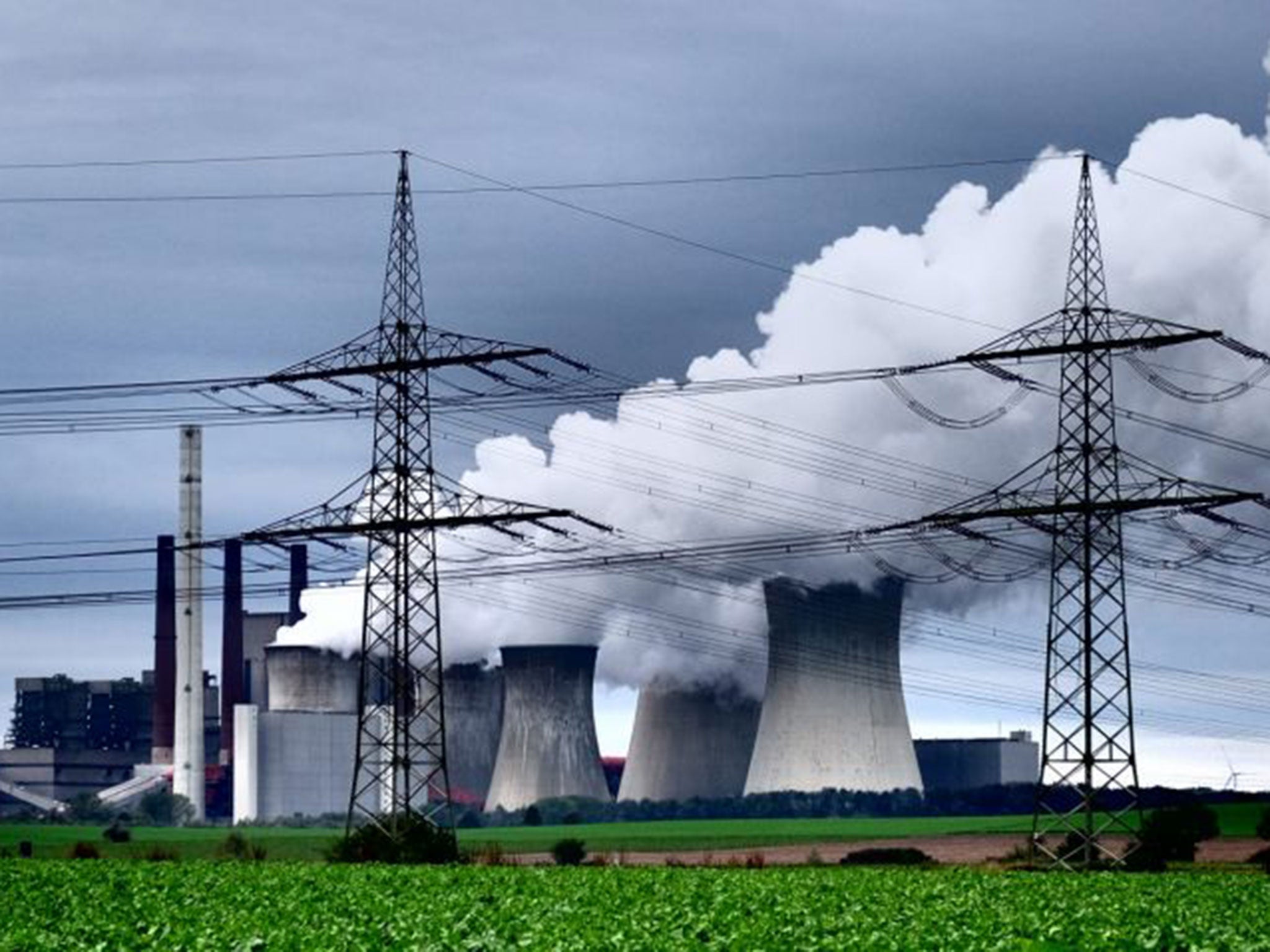Government's failure to develop carbon capture and storage technology will cost taxpayers billions, committee warns
The setback is leading to 'a major gap' in the government’s plan to reduce carbon emission by at least 80 per cent by 2050

Your support helps us to tell the story
From reproductive rights to climate change to Big Tech, The Independent is on the ground when the story is developing. Whether it's investigating the financials of Elon Musk's pro-Trump PAC or producing our latest documentary, 'The A Word', which shines a light on the American women fighting for reproductive rights, we know how important it is to parse out the facts from the messaging.
At such a critical moment in US history, we need reporters on the ground. Your donation allows us to keep sending journalists to speak to both sides of the story.
The Independent is trusted by Americans across the entire political spectrum. And unlike many other quality news outlets, we choose not to lock Americans out of our reporting and analysis with paywalls. We believe quality journalism should be available to everyone, paid for by those who can afford it.
Your support makes all the difference.The government's failure to support the construction of carbon capture and storage projects will cost taxpayers billions of pounds, the public accounts committee has warned.
Accusing politicians of failing to support the technology, which helps to reduce the levels of carbon dioxide emissions, in a report the committee said the UK could miss out on its chance to become a world leader in the nascent sector.
It comes after the government cancelled two funding initiatives to support the construction of the UK's first large-scale and commercial carbon capture and storage (CCS) project, despite having already spent £168m on the project.
Carbon capture and storage (CCS) technology enables the capture of carbon dioxide which is then stored underground in depleted oil and gas fields or deep saline aquifer formations.
The committee warned the setback in developing the technology was leading to “a major gap” in the government’s plan to reduce carbon emission by at least 80 per cent by 2050. Taxpayers will have to pick up the bill, the report said.
It added that taxpayers “will have to pay billions of pounds more” to meet the emission reduction target, which the government is so far nowhere of meeting.
Previous estimations from the the Department for Business, Energy and Industrial Strategy, have said it will cost the UK £30bn more to meet the 2050 emissions target without CCS in the power sector.
Calculations found the absence of CCS could cost UK taxpayers £1bn to £2bn per year in the 2020s but could rise to between £4bn and £5bn per year in the 2040s.
The government has pledged to reduce carbon emissions 57 per cent from 1990 levels by 2032. But the Committee on Climate Change last year predicted the target would be missed by 100 million tonnes of carbon dioxide – the equivalent of all the greenhouse gases currently produced by industry.
In 2015, the government abruptly cancelled a £1bn grant, which was designed to develop a CCS project on a commercial scale. A similar initiative was also cancelled in 2011.
Experts in the industry argue CCS will play a crucial role in meeting the UK’s emission reduction target.
Dr Luke Warren, Chief Executive of The Carbon Capture and Storage Association (CCSA), told The Independent the government's pulling of the funding had "a devastating effect" on the CCS sector in the UK.
"The UK has not progressed at all in the past 10 years, when the technology has continued to advance," he said. "There are 20 CCS projects operating or being built across the world but there has been no significant investments in CCS in the UK and there won’t be until we get a strong signal from the government.
"It is not a matter of if we need to deploy the technology but a matter of when. There is no alternative. By cancelling the competition the previous government made a relatively small savings but risks imposing greater costs later," he said.
He added the report was "yet another voice highlighting the incredible importance of CCS for the UK".
"It is clear that developing CCS is in the national interest, and whichever party is in power after the June 8 has a key early opportunity to act on the committee's findings and release the Emissions Reduction Plan, setting out a fresh, ambitious approach to CCS that learns the lessons of the past," he said.
The Government is unable to comment on the plans because of the rules imposed by purdah ahead of the General Election.
Join our commenting forum
Join thought-provoking conversations, follow other Independent readers and see their replies
Comments